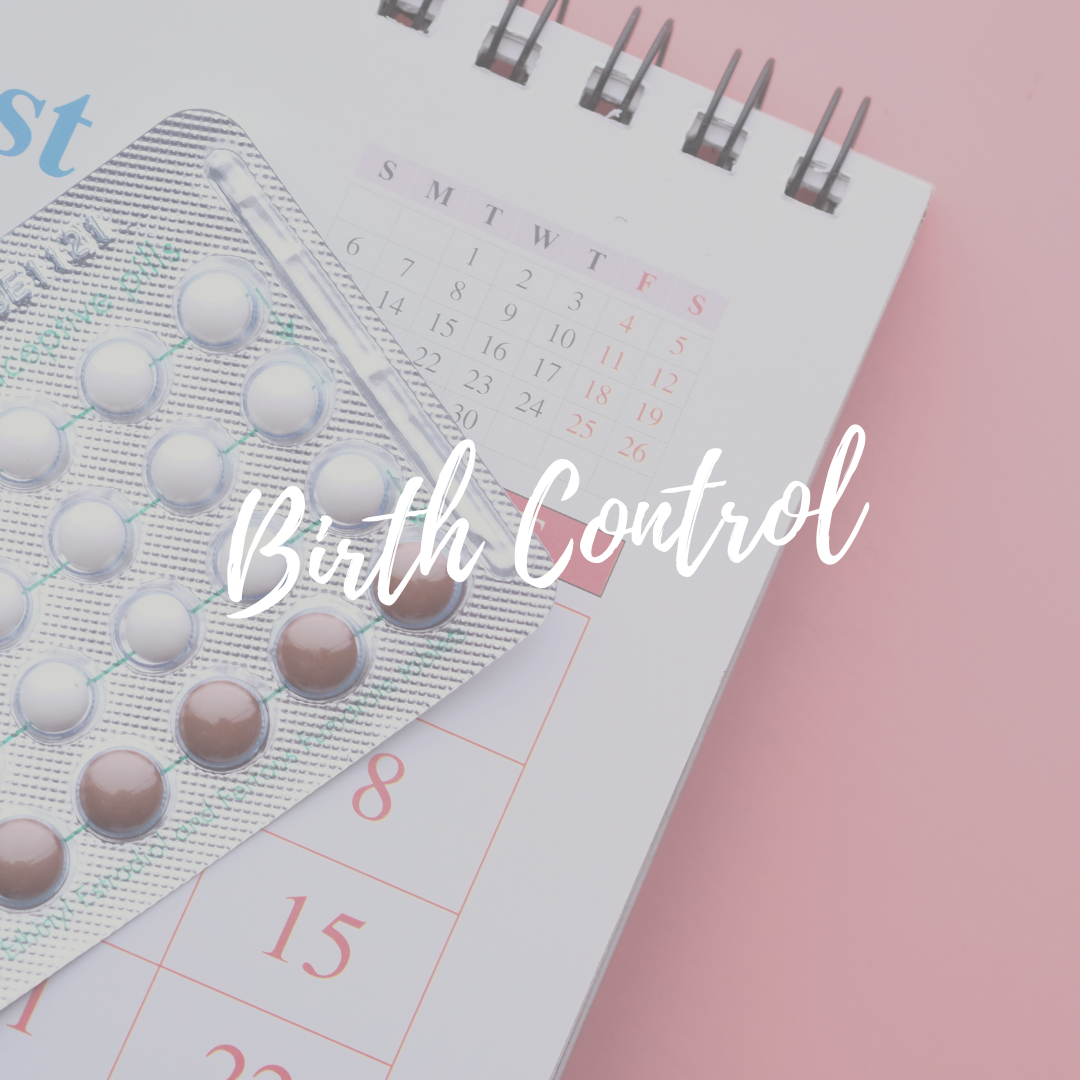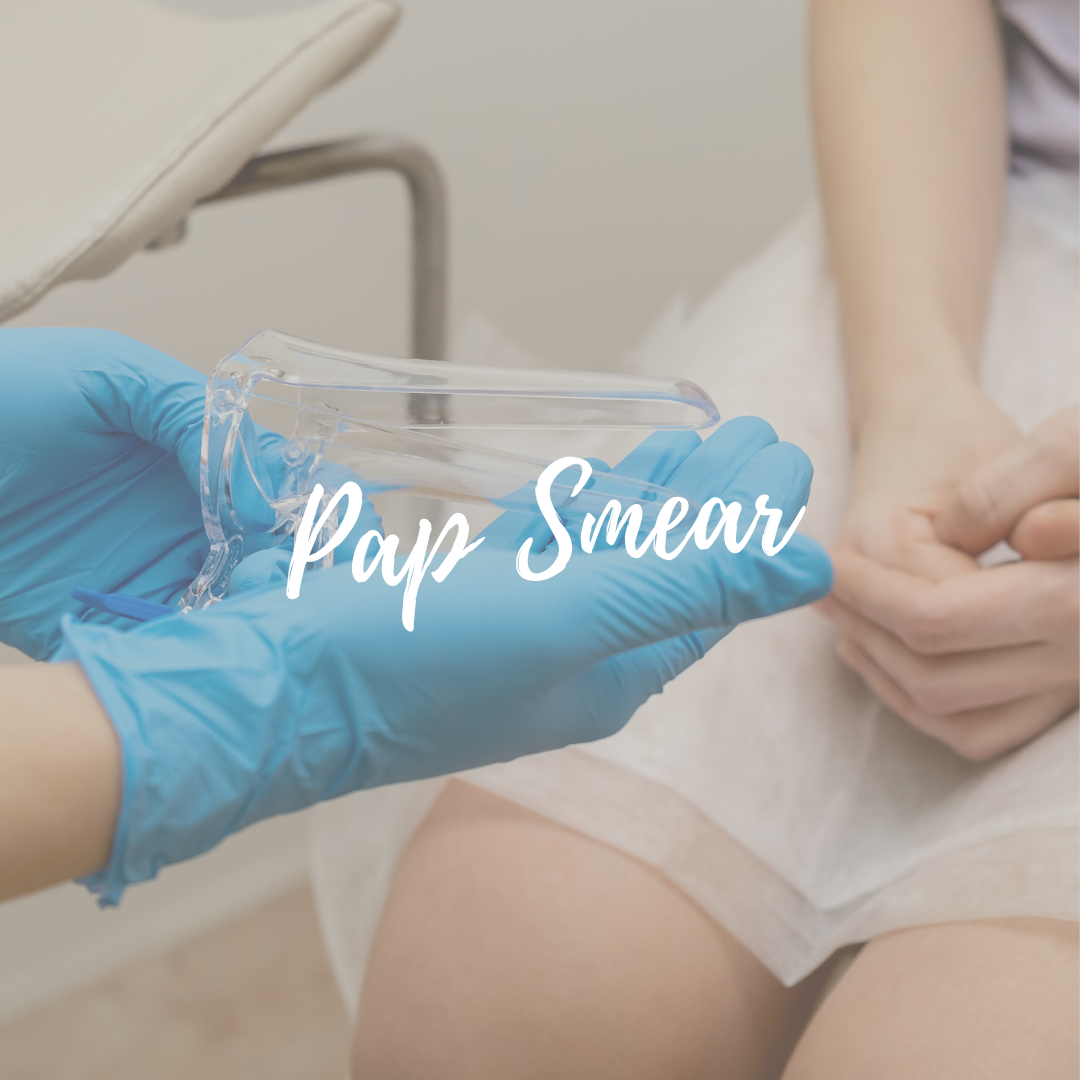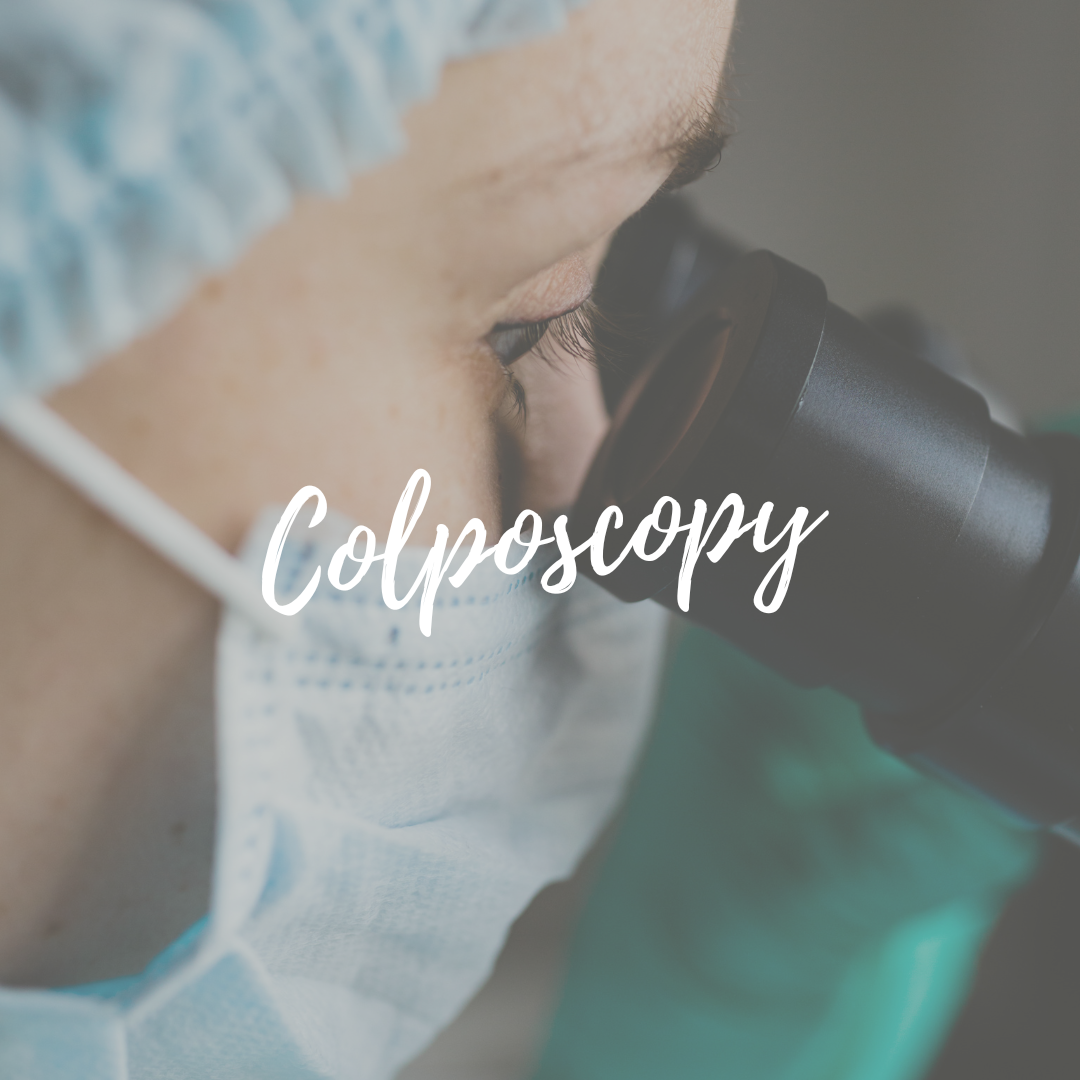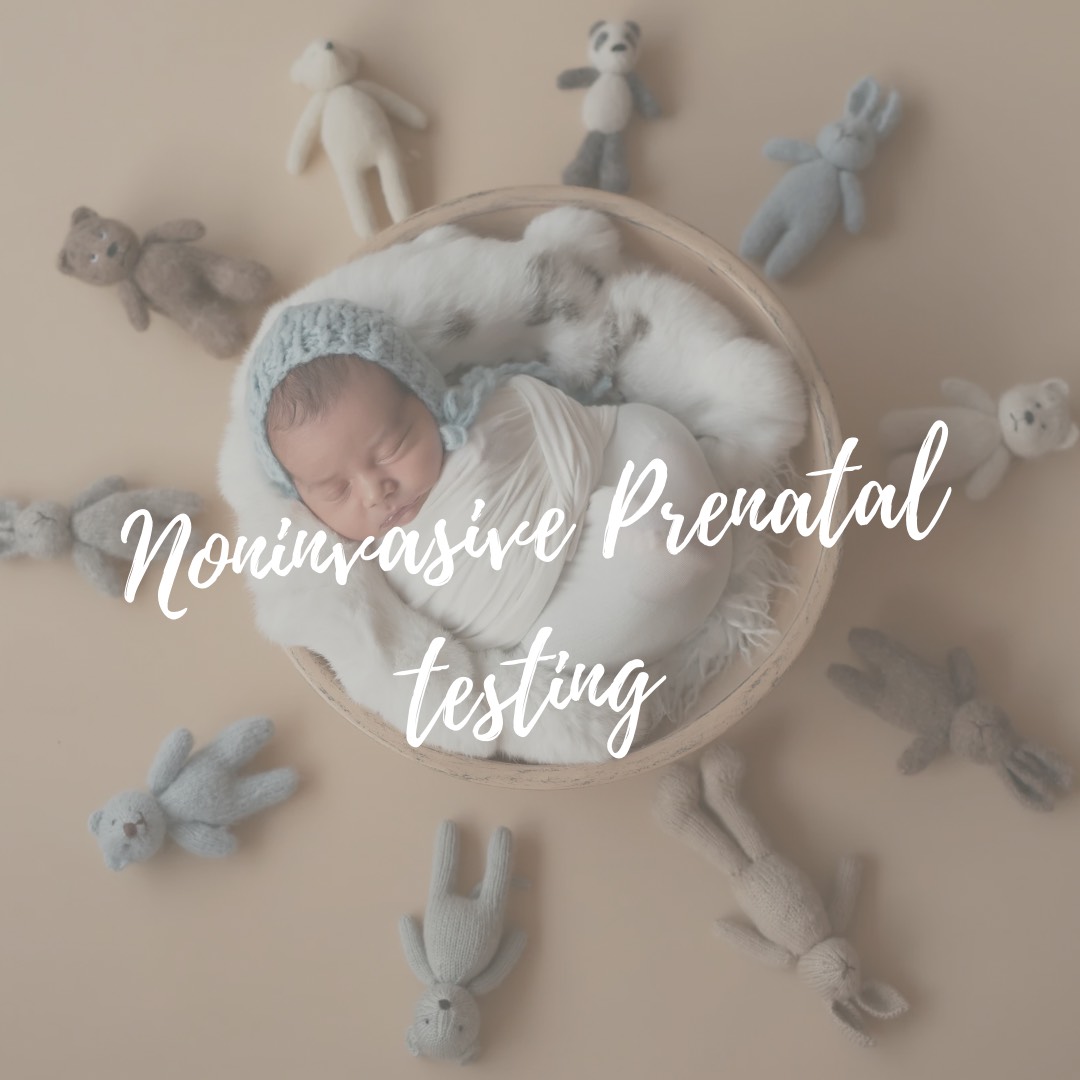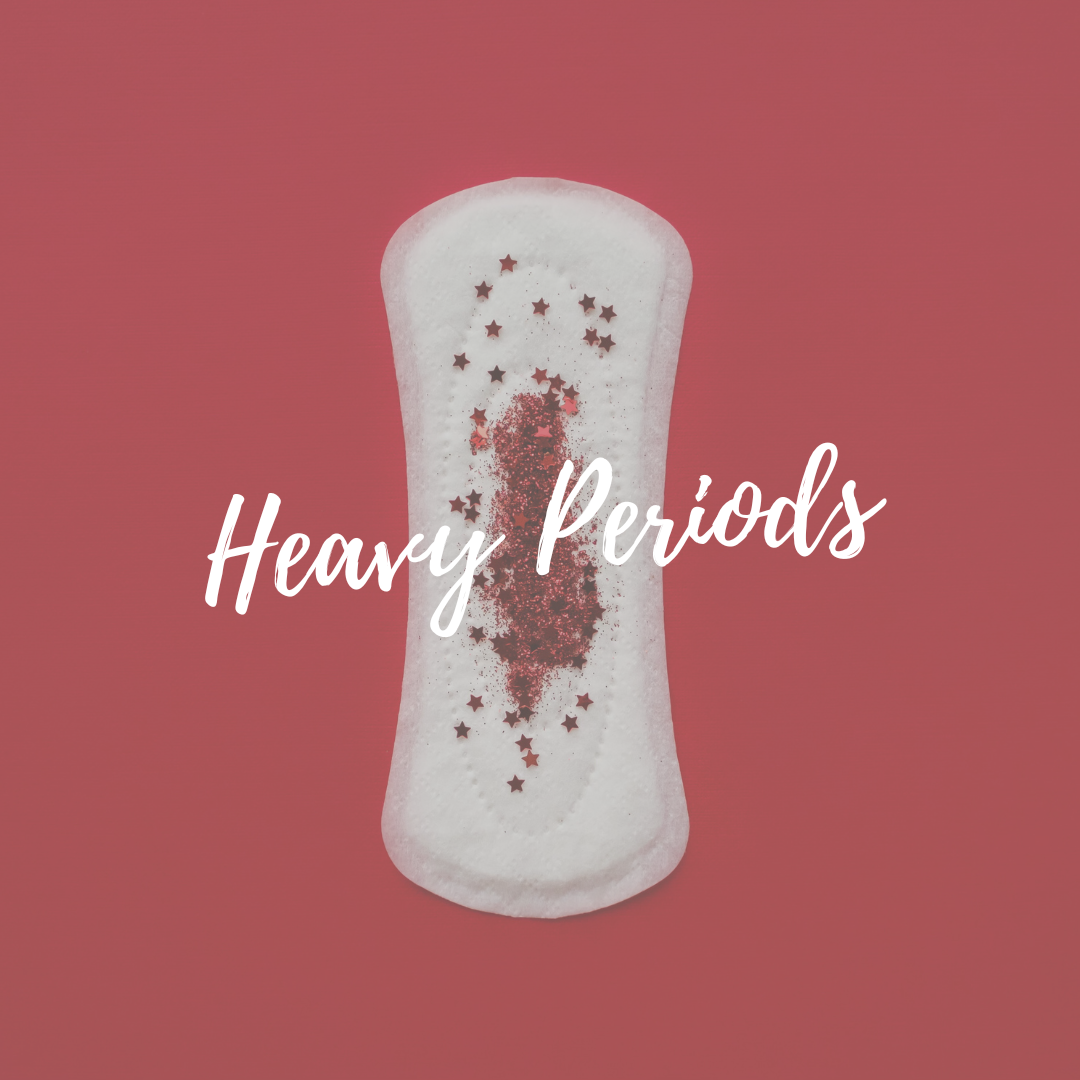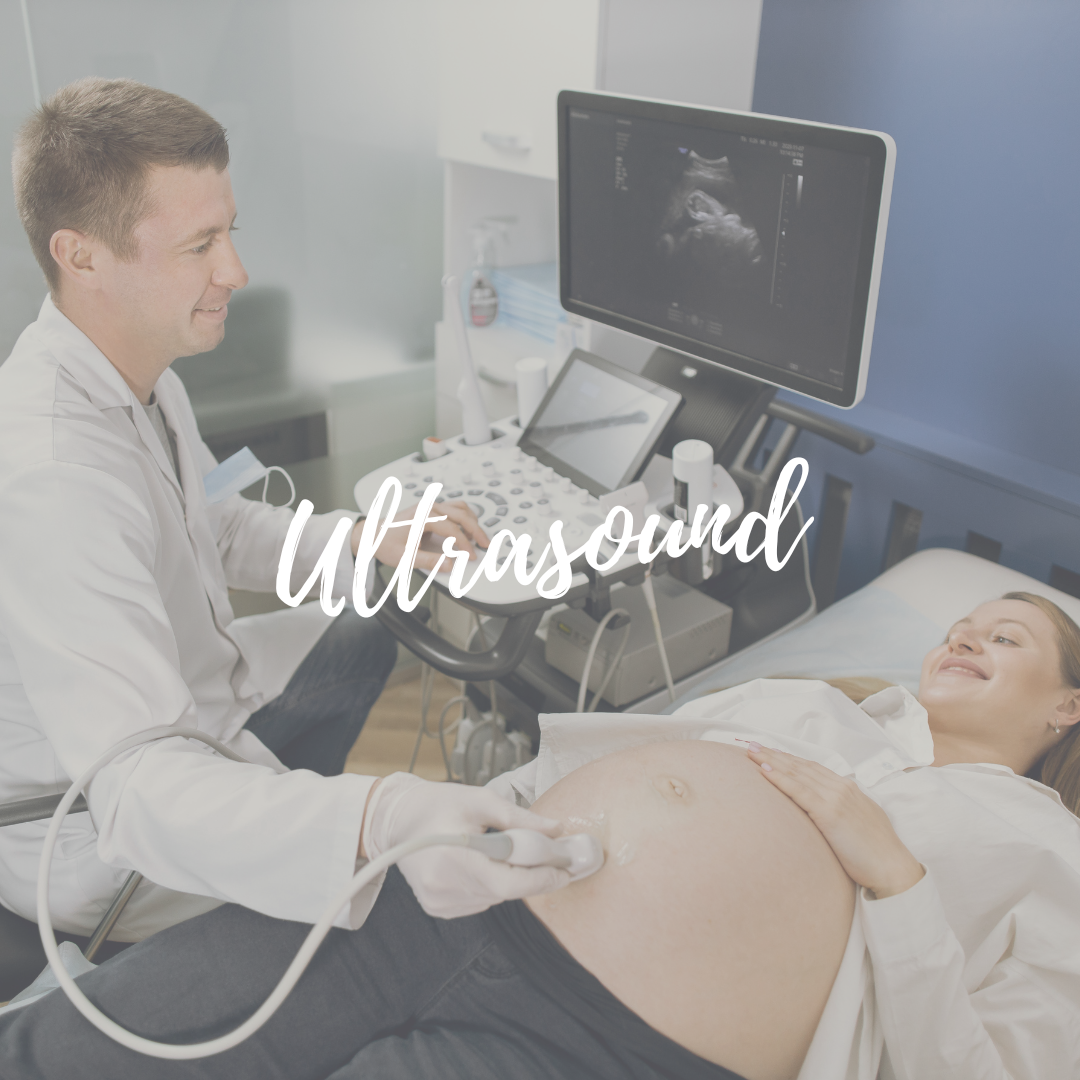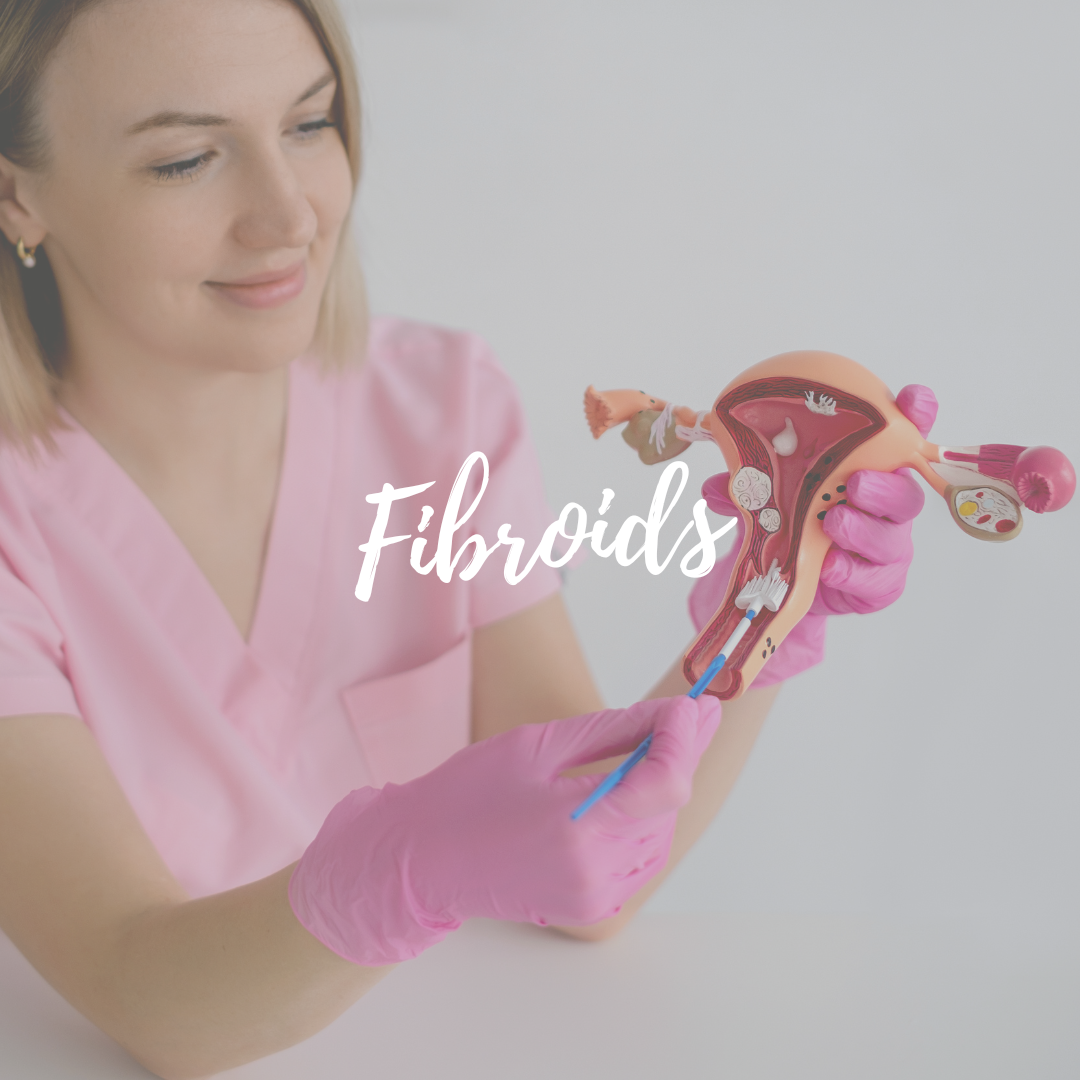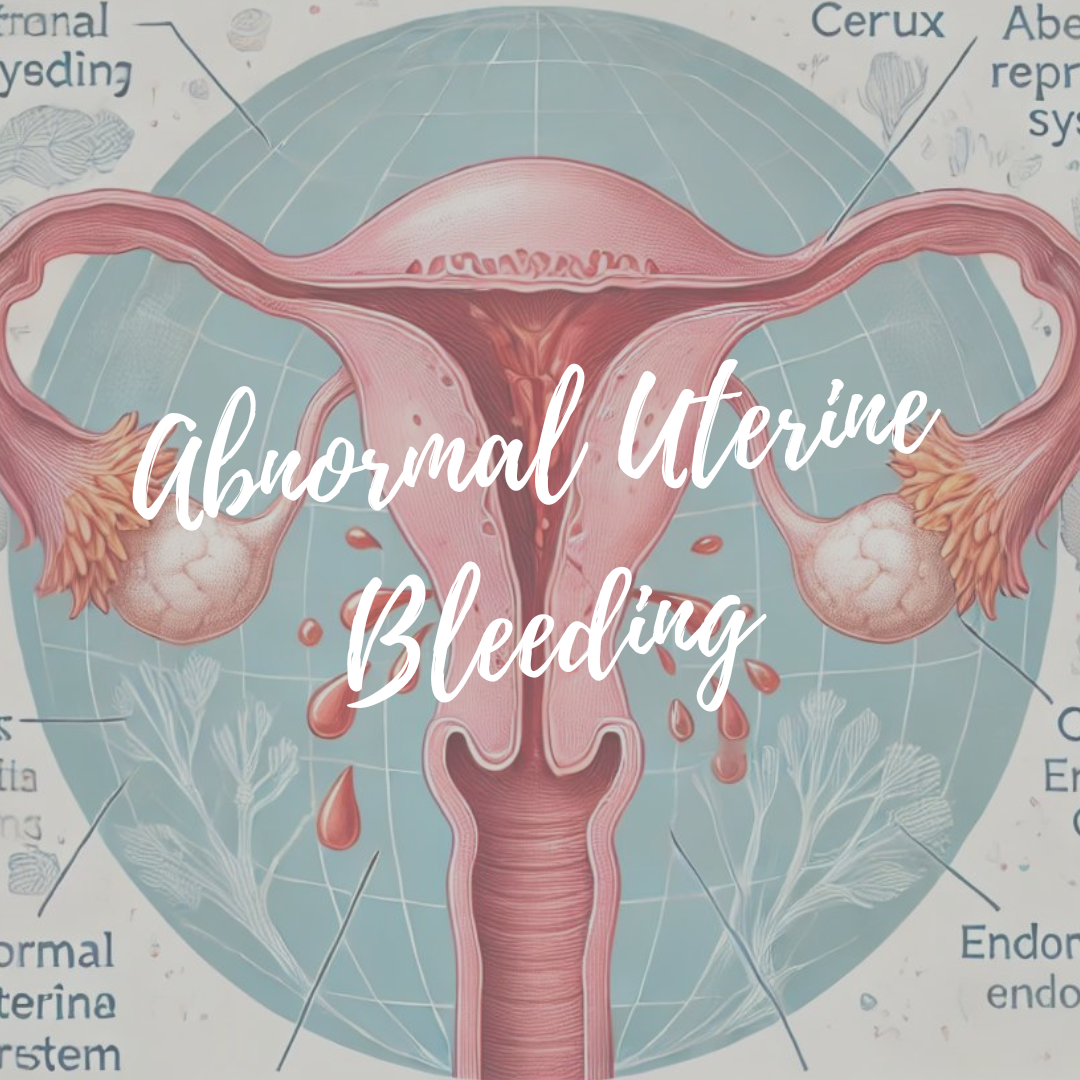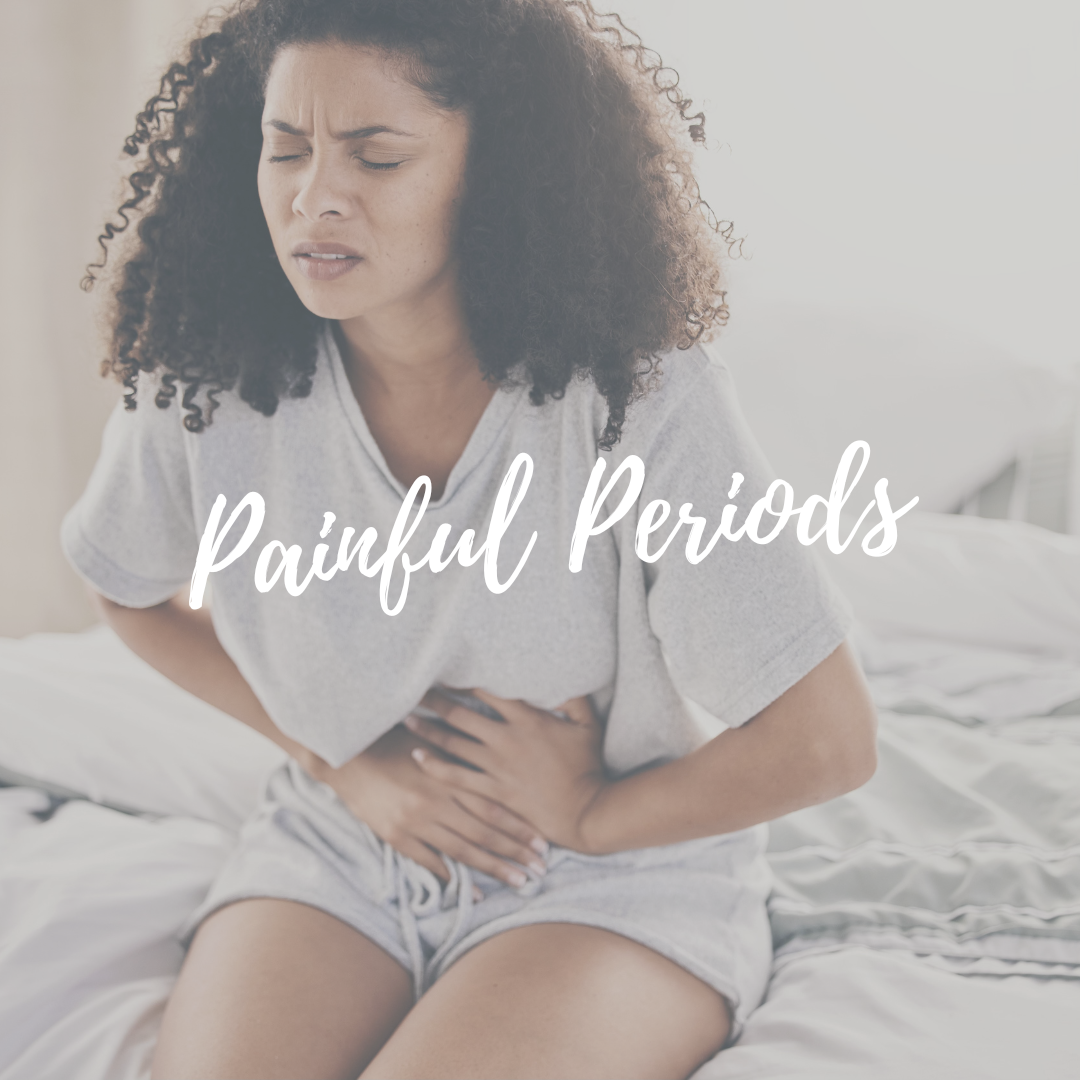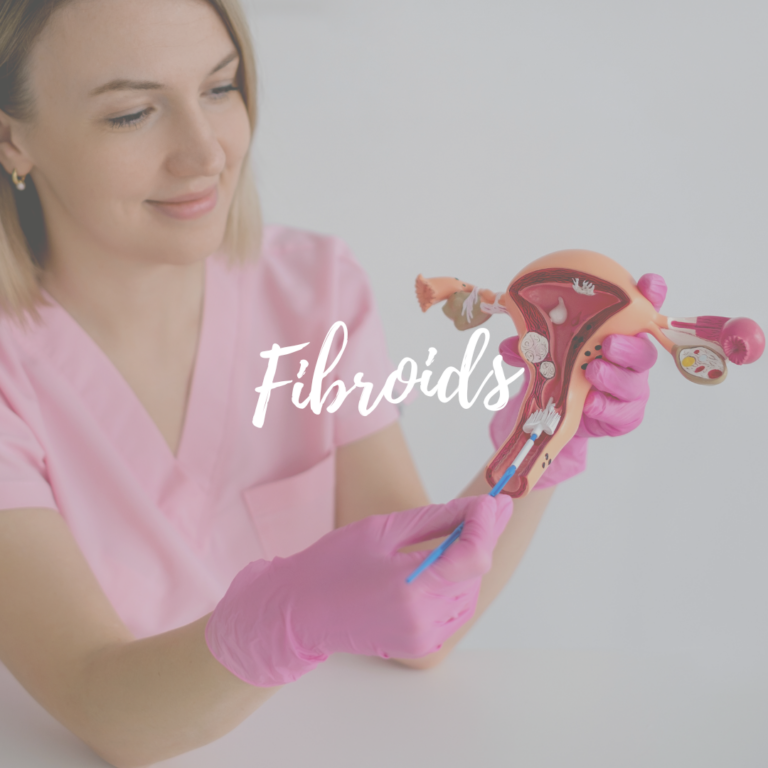
Fibroids: Understanding and Managing Symptoms
As many as 80% of women in the United States will develop a fibroid before reaching age 50. These benign tumors don’t always cause symptoms, but if they do, they can be challenging to manage. The experienced all-female team at FirstChoice OB-GYN provides treatment for fibroids to help alleviate your symptoms. Call the office today or request an appointment online.
Fibroids Q & A
What are fibroids?
Fibroids are noncancerous tumors that grow in the uterus. They are very common, affecting a large majority of women during their childbearing years. You can have one fibroid or multiple fibroids, which may range in size from as small as a pencil point to as large as a softball.
The exact cause of fibroids is unknown, but researchers believe they may be hormonal. You may also be more likely to develop fibroids if you have a family history of benign tumors. Obesity and a diet high in red meat may also increase your risk.
How do I know if I have a fibroid?
Fibroids don’t always cause symptoms, so you may not be aware of their presence until they are discovered during your annual check-up.
Symptoms that may indicate fibroids include:
- Abdominal or back pain
- Increase in abdominal girth
- Frequent urination
- Pain during intercourse
- Feeling of fullness in your abdominal area
If you suspect you have a fibroid, schedule an appointment with your specialist at FirstChoice OB-GYN for an evaluation. They can confirm your suspicions through a physical and pelvic examination, along with an ultrasound to determine the size and location of the fibroid.
How are fibroids managed?
Management of fibroids depends on your symptoms, the size and location of the fibroids, and your future pregnancy plans. If the fibroid isn’t causing any problems, your doctor may recommend simply monitoring it, as it may go away on its own.
However, if you’re experiencing symptoms, your specialist may recommend:
- Birth control to reduce fibroid symptoms
- Gonadotropin-releasing hormone agonists to shrink the fibroid
- Over-the-counter pain medication for symptom management
If your fibroid symptoms are moderate or severe, surgical removal may be necessary. This procedure, called a myomectomy, can be performed by the OB/GYN specialists at FirstChoice OB-GYN, who are advanced surgical experts. Whenever possible, they offer minimally invasive surgery to minimize scarring and risk.
Removing a fibroid does not guarantee that another one won’t grow. If you no longer plan on having children, your specialist may recommend a hysterectomy, a surgical procedure that removes the uterus, to prevent the recurrence of fibroids.
For expert gynecological care and management of your fibroids, call FirstChoice OB-GYN today or book an appointment online.


